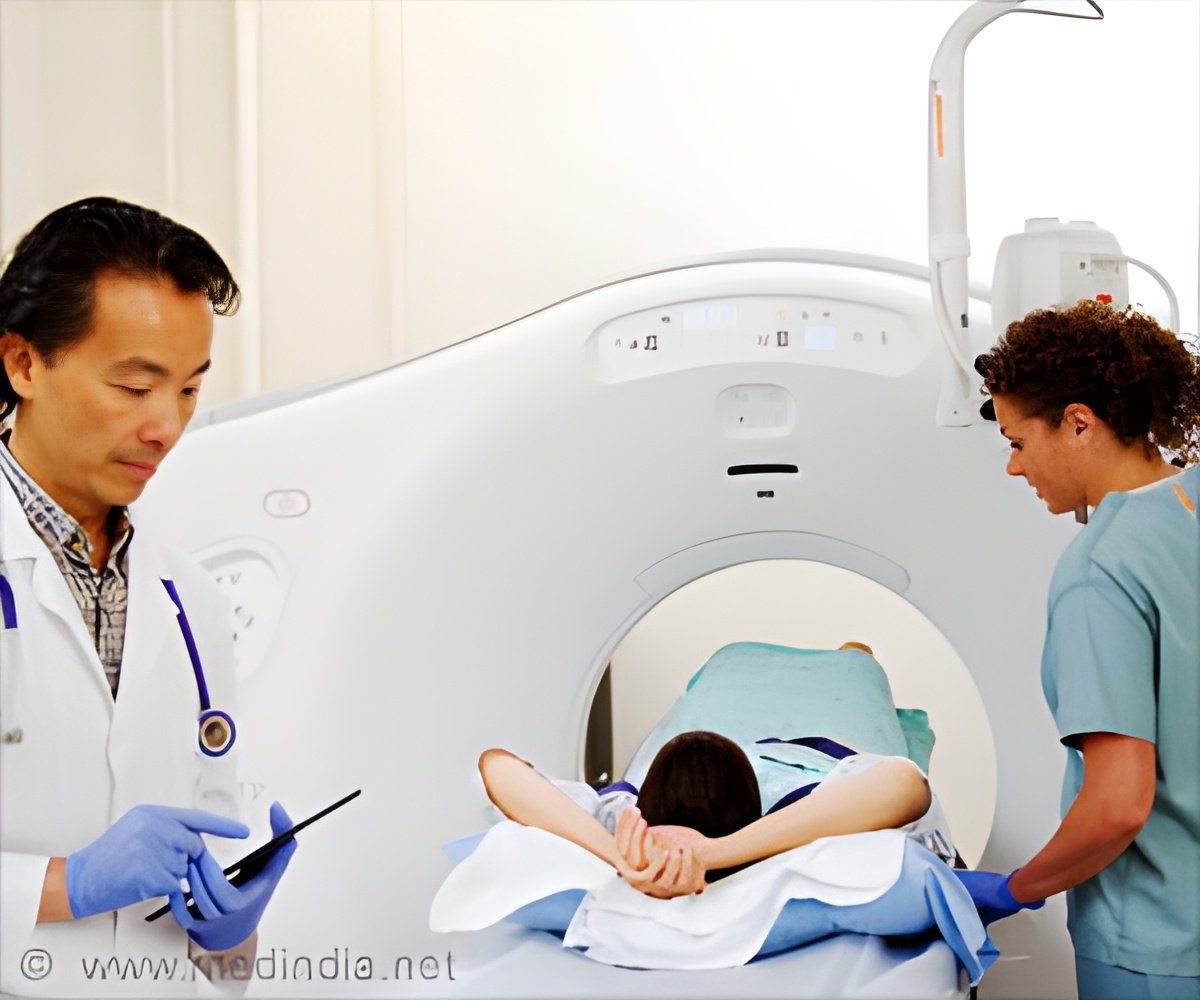
‘Innovative new treatment with low doses of radiation shows remarkable improvements in behavior and cognition of individuals living with severe Alzheimer's disease, within days of receiving it. This offers hope for those with severe Alzheimer's disease and their loved ones.’
Tweet it Now
"The primary goal of a therapy for Alzheimer's disease should be to improve the patient's quality of life. We want to optimize their well-being and restore communication with family and friends to avoid social isolation, loneliness and under-stimulation. Although the study was a small pilot and should be interpreted with caution, our results suggest that low-dose radiation therapy may successfully achieve this," says Dr. Morris Freedman, a scientist at Baycrest's Rotman Research Institute, head of the division of neurology at Baycrest and senior author of the study. A clinical follow-up to a 2015 case report about a patient in hospice with Alzheimer's disease served as a base for the study. Mulitple treatments with radiation to her brain showed significant improvements in cognition, speech, movement, and appetite. Following this, she was discharged from the hospice to a long-term care home for older adults.
Low Dose Radiation in Alzheimer’s Disease
Many ill effects are reported to occur on our health with high doses of radiation. But, low doses, such as those used for diagnostic CT scans, may help the body protect and repair itself.
"Numerous neurological disorders, including Alzheimer's disease, are thought to be caused in part by oxidative stress that damages all cells, including those in the brain. We have natural protection systems to combat the damage, but they become less effective as we get older. Each dose of radiation stimulates our natural protection systems to work harder - to produce more antioxidants that prevent oxidative damage, to repair more DNA damage and to destroy more mutated cells," says Dr. Jerry Cuttler, a retired Atomic Energy of Canada scientist and the lead author of the study.
Advertisement
Standardized tests and observation were utilized by the study team to record changes in the patients' communication and behaviour after the treatment. Most importantly, they collected information (descriptions, photos and videos) from the patients' spouses, children and caregivers.
Advertisement
The study thereby offers hope for those with severe Alzheimer's disease and their loved ones. However, certain limitations like the small size of the study, missing a placebo group requires larger clinical trials in future research to examine the effects of this novel therapy.
Source-Medindia














